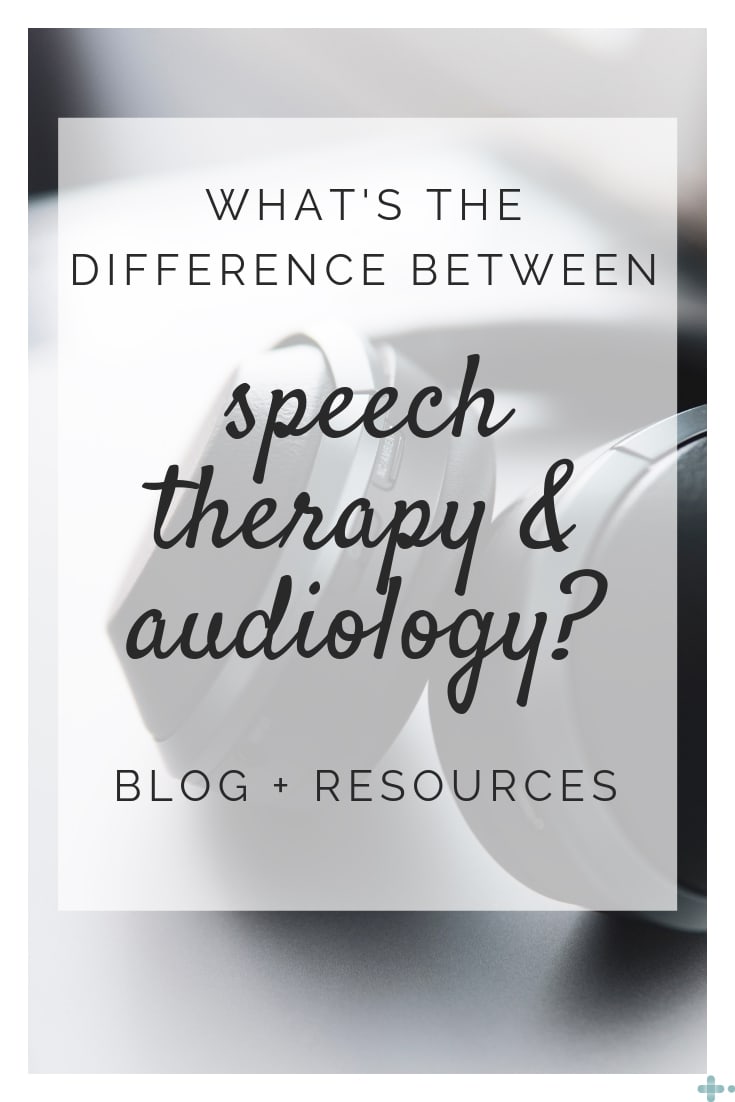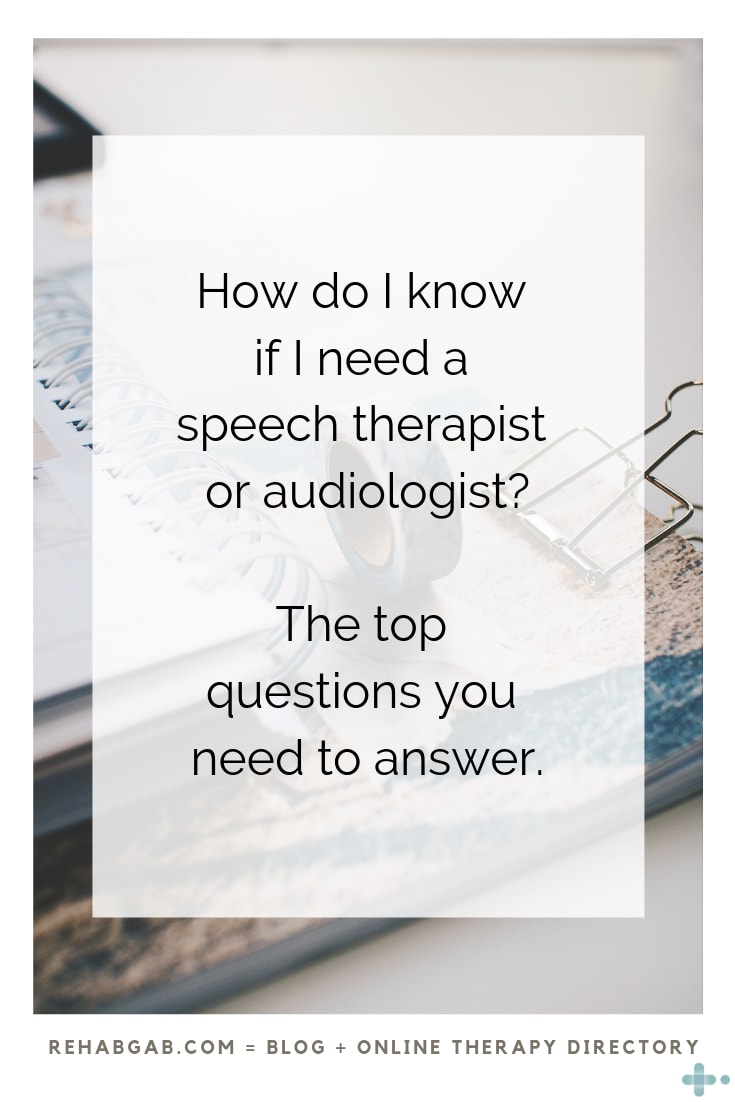
May is Better Hearing and Speech Month and we’d like to celebrate by spreading the word by telling you more about what they do and how they can help you! We’ll recap a lot of the basics here, but to find more specific information please visit the American Speech Language Hearing Association (ASHA) website- link is listed below.

SPEECH LANGUAGE PATHOLOGY (SLP)
Think speech therapists only work on speech? No way! They assist people of all ages with cognition, spoken and written communication, augmentative and alternative communication (AAC), resonance and nasal airflow, feeding and swallowing and more! In more simple terms, SLPs help people to produce and understand communication, despite any disability or difficulty.
But, what can speech therapists do for me, really?
They can help you with the less serious side of things like reducing a stutter, dropping that accent your friends make fun of you for, or help improve your thinking skills so you can win every round of Scattergories. More seriously, they can help you and/or someone you love if they’ve been diagnosed with a medical condition (ie. autism, cerebral palsy, downs syndrome, stroke, brain injury, meningitis, etc) that can affect their ability to have a conversation with you. Speech therapists work in healthcare settings (such as hospital, sub-acute care, inpatient medical rehab, or an outpatient clinic), private practice, schools and now in telehealth! It takes approximately seven years of education in to become a speech therapist. A SLP with advanced knowledge, skills and experience can opt to apply to be Board Certified Specialist (BCS). Other specific certifications include: child language and language disorders; fluency and fluency disorders; and swallowing disorders.

AUDIOLOGY
ASHA defines audiologist as “healthcare professionals who provide patient-centered care in prevention, identification, diagnosis, and evidence-based treatment of hearing, balance, and other auditory disorders for people of all ages.” Basically, if you’re having hearing and/or balance issues, you should have a conversation with your doctor about seeing an audiologist.
Still not sure when to see an audiologist? Here are a few questions to ask yourself:
- Do I ask people to repeat themselves often?
- Does it seem like people around you are mumbling?
- Do you avoid social engagements and/or places with a lot of background noise?
- Do you have ringing in your ears?
- Have you been diagnosed with a medical condition that could affect hearing loss (ex. diabetes, brain tumor, brain cancer, etc)?
- Have you had exposure to excessively loud sounds?
- Have you experience any head trauma?
- Ask people to speak close to you? Or on either your right or left side?
Here are a few questions to ask yourself for your child
- Does it seem like they are ignoring you, caregivers and/or teachers (but not being defiant/behavioral)?
- Do they have frequent ear infections?
- Do they pull at their ears?
- Been diagnosed with a medical condition that could affect hearing loss (ex. head injury, brain cancer, meningitis, encephalitis, chickenpox, measles, etc)?
If you’ve answered yes to one or more of the questions above, it may be time to see an audiologist. See your primary care physician to discuss your hearing, speech, communication and/or thinking concerns and search www.RehabGAB.com to find one near you! Note: RehabGAB is now serving Southern California and growing throughout California.